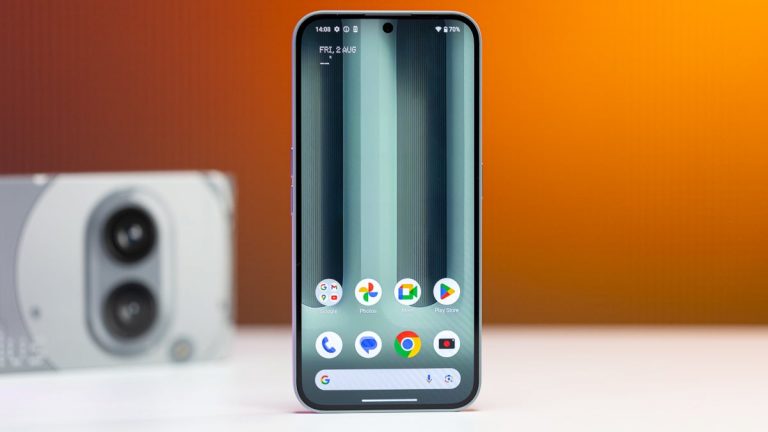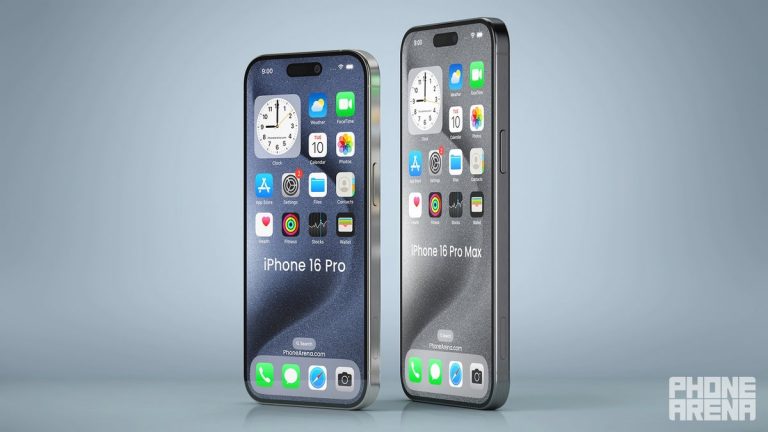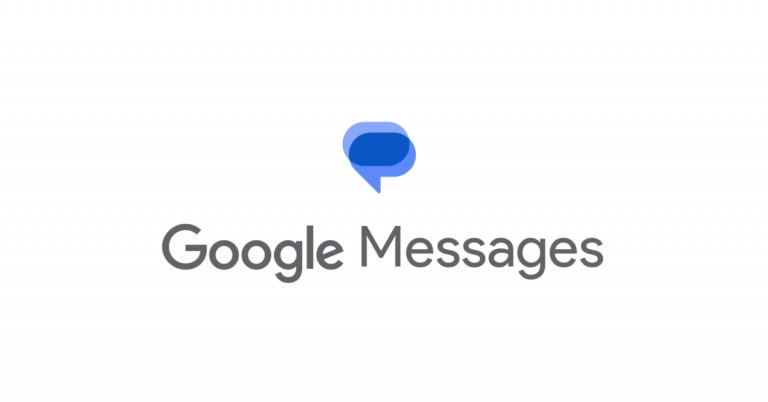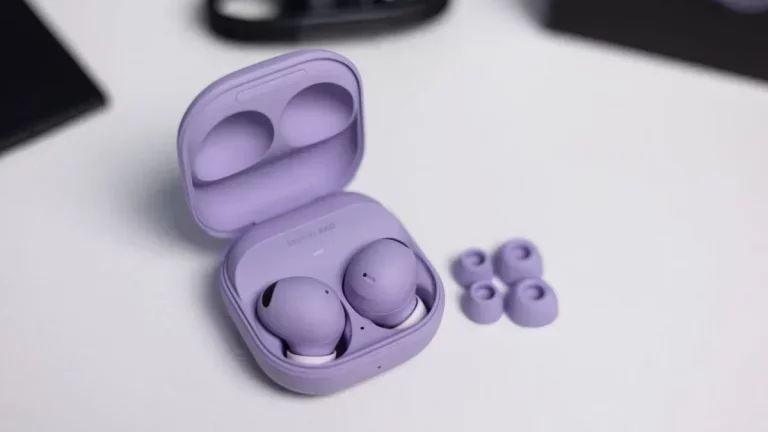Fitbit making it easier to share AFib data with your doctor
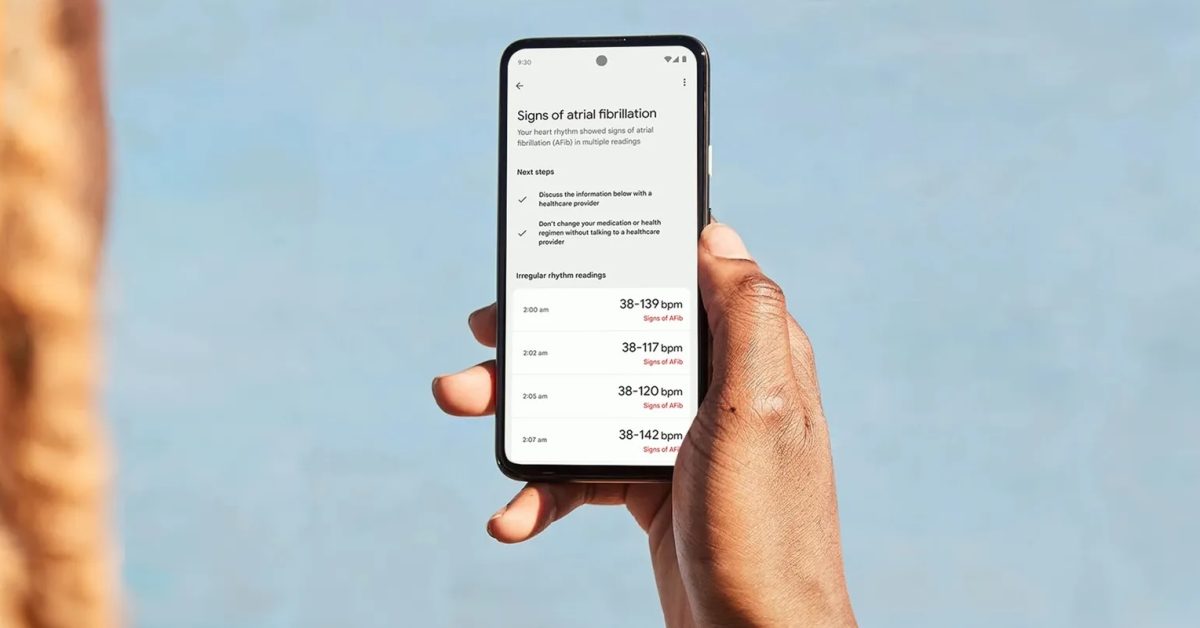
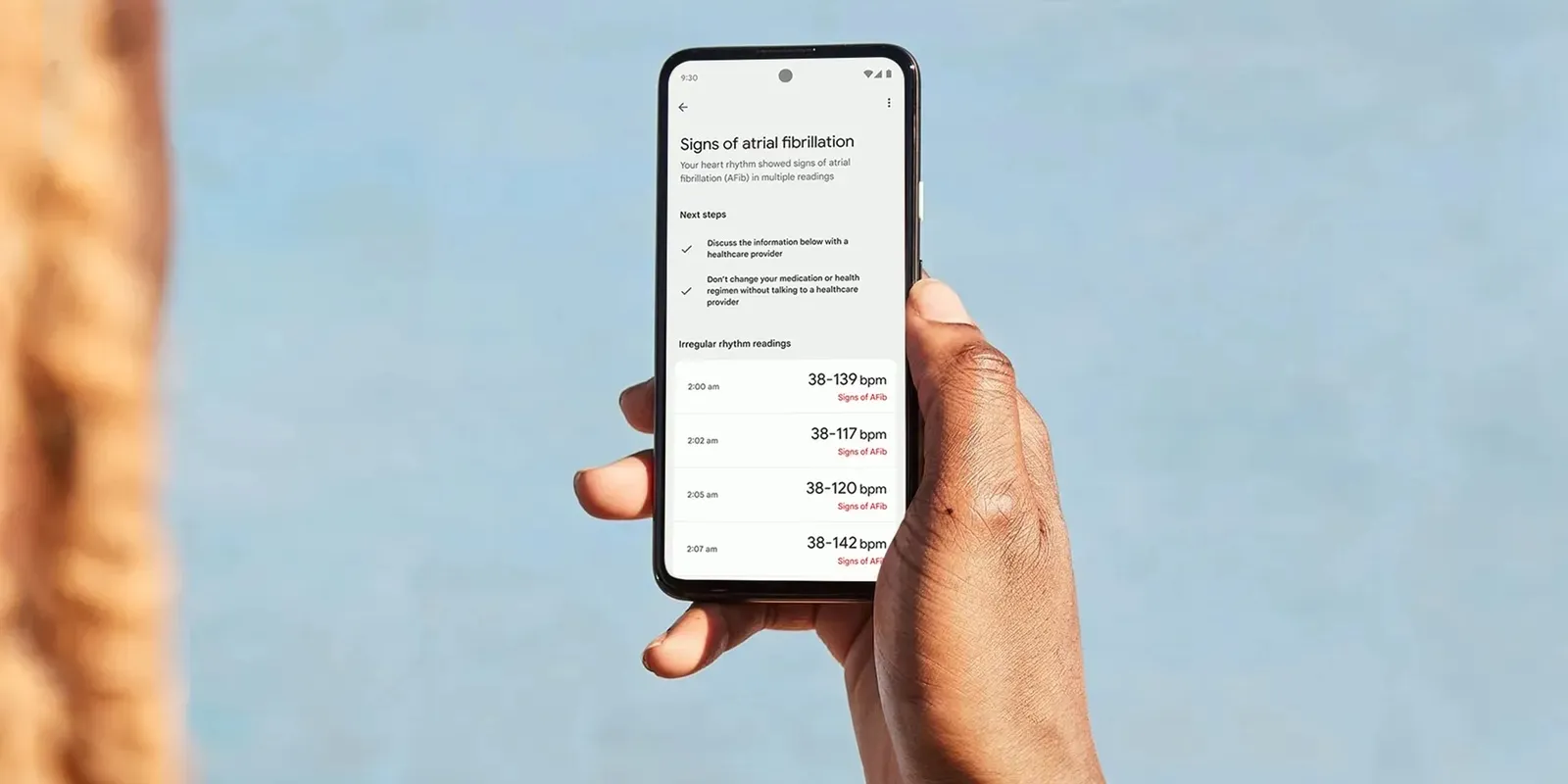
Fitbit devices can check for signs of an irregular heart rhythm, or atrial fibrillation (AFib), and Google is now making it easier to share that data with your healthcare provider.
Irregular Rhythm Notifications check for AFib when you’re still or sleeping, and alert you if something is found. Fitbit says nearly 10 million people worldwide have enabled these alerts. When something concerning is discovered, you previously had to “export and share your Afib data separately with healthcare providers.”
The Fitbit Web API is now adding “first-of-their-kind” AFib endpoints for simpler integration and sharing:
Similar to the range of data, or “endpoints,” already available within the Fitbit Web API, these first-of-their-kind Afib endpoints don’t require healthcare partners to build their own app for data exchange.
Example uses of the Fitbit Web API include:
- “A hospital can incorporate this data into a heart health program. When a patient receives an Irregular Rhythm Notification, the hospital can set up appropriate testing such as event monitors and echocardiograms to make a formal diagnosis and look for underlying issues.”
- “A health plan can develop a population health program for large groups of people at risk for Afib. This supports early detection and treatment, which can improve risk stratification to help prevent strokes.”
- “Researchers can incorporate this data into studies, making it easier to understand the impact of Irregular Rhythm Notifications on outcomes.”
Users can look forward to a notification from the Fitbit app about sharing AFib data if they’re a “patient or a member of a health organization using the new IRN endpoints.”
More on Fitbit:
FTC: We use income earning auto affiliate links. More.

